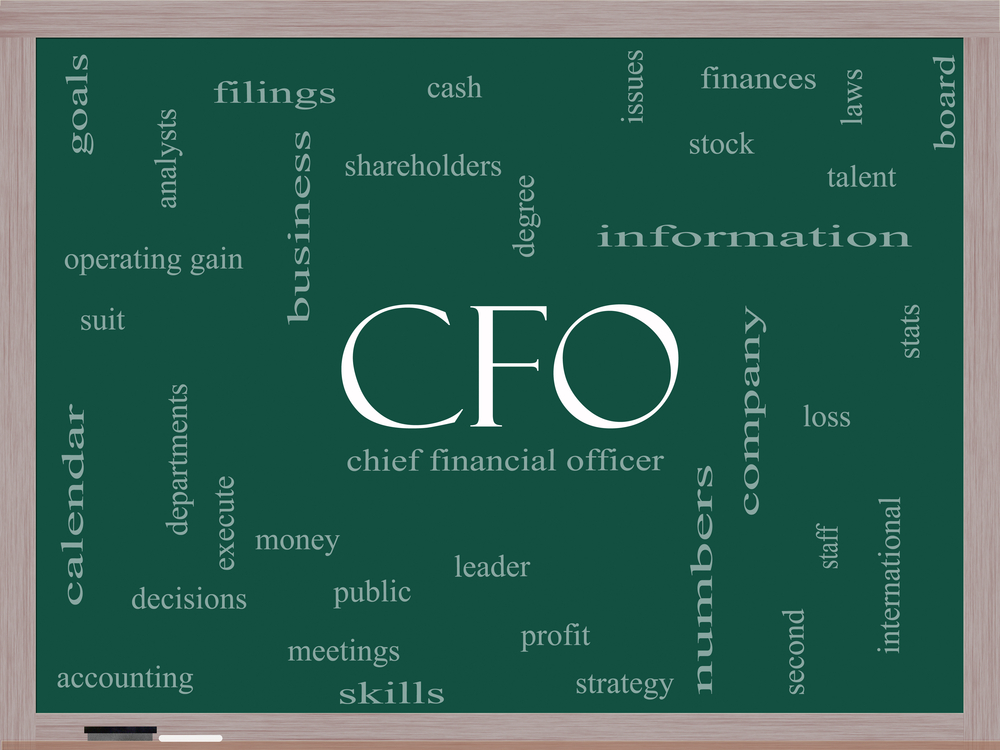
A chief financial officer, even for a small company, does not come cheaply. How expensive? A six-figure salary, stock options now or in the future, and regular raises that can exceed the CEO’s, according to recent studies.
So it can be understood, and even excused, for a start-up to launch without a CFO. There will come a point in the entity’s corporate life, though, when a CFO will be necessary. The trouble is, many founders don’t recognize or are not willing to acknowledge the signs that a CFO is needed.
With that in mind, I offer the following three signs that it’s time to hire a CFO:
1. You are paying a lot in taxes.
Small businesses will take one of a handful of legal structures, some of which are accompanied by surprisingly high levels of effective tax rate.
Indeed, the structures that most small businesses take tend to pay the highest effective tax rates, with S Corporations leading the top. A recent study from the National Federation of Independent Business and the S Corporation Association notes, for example, that S corporations will pay out about 31.6 percent of their income, followed by partnerships at 29.4 percent, C Corporations at 17.8 percent and sole proprietorships at 15.1 percent. Each of these structures has benefits and drawbacks. You know it’s time to hire a CFO if you cannot figure out whether the tax burden of your particular structure is commensurate with the advantages.
2. There is a major change in accounting standards or financial regulations pending or newly in place.
Since the Great Recession, Congress has embarked on a frenzy of regulations aimed at the financial sector via the Dodd-Frank Act. Many, if not most, of these regulations have an impact on companies as well. The rules for many of these regulations are just now being written – and in some cases litigated by the private sector – and it will take an experienced and savvy individual to navigate them. Accounting standards are also in a state of flux right now. The Financial Accounting Standards Board and the International Accounting Standards Board, to give one example, are pushing through a new lease accounting standard that will have a huge impact on any company that leases or is a lessor of, well, just about anything. Smaller companies are not escaping new regulations, either: This summer, the Financial Accounting Foundation’s Private Company Council proposed alternatives for financial reporting that are not as complex as U.S. generally accepted accounting principles. You know it’s time to hire a CFO if any of these regulations have a disproportionate impact on your business.
3. You are thinking about going public.
In certain sectors – tech comes to mind – a small company can rise rapidly and be poised to go public quickly. If this is your situation, obviously you will need a CFO. What you may not realize is that the hiring process can take months, if not a year, so it is best to begin long before your anticipated listing date. When seeking out the CFO, make sure he or she has experience with taking a private company public, preferably in your particular sector. You know it’s time to hire a CFO when you are growing so fast that it is assumed you will be listing on an exchange sooner rather than later.

